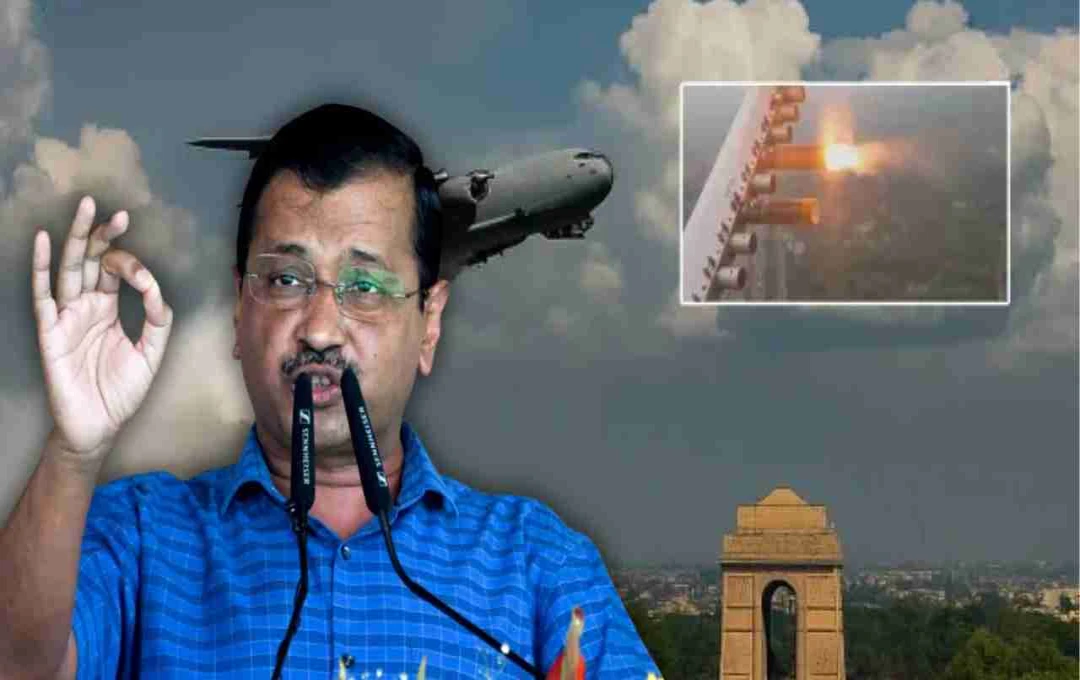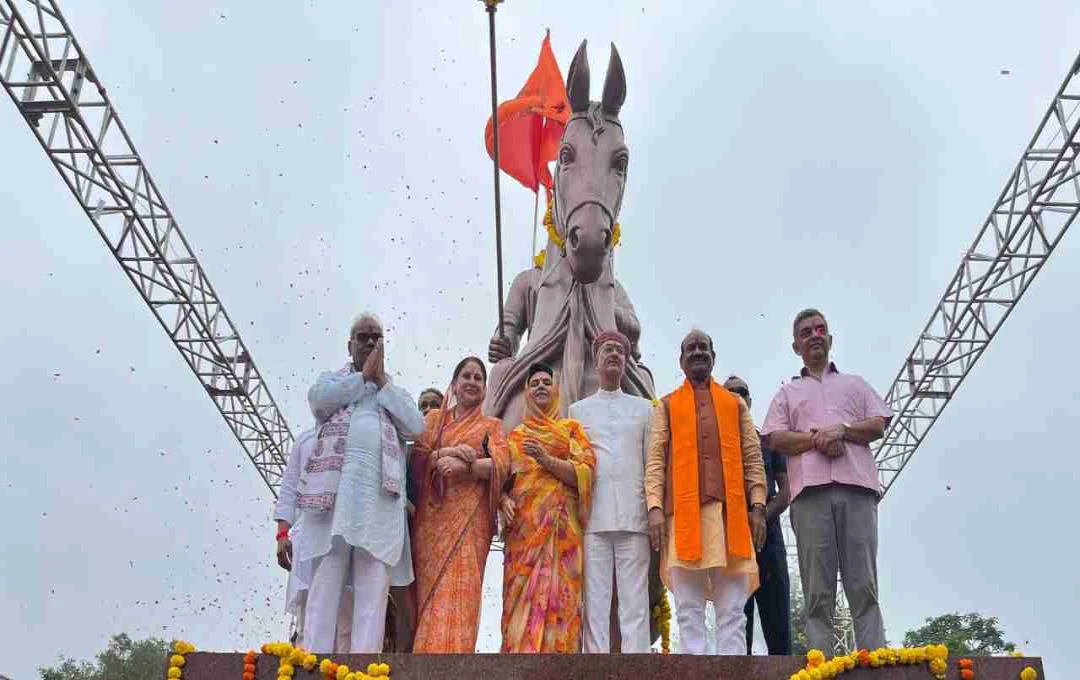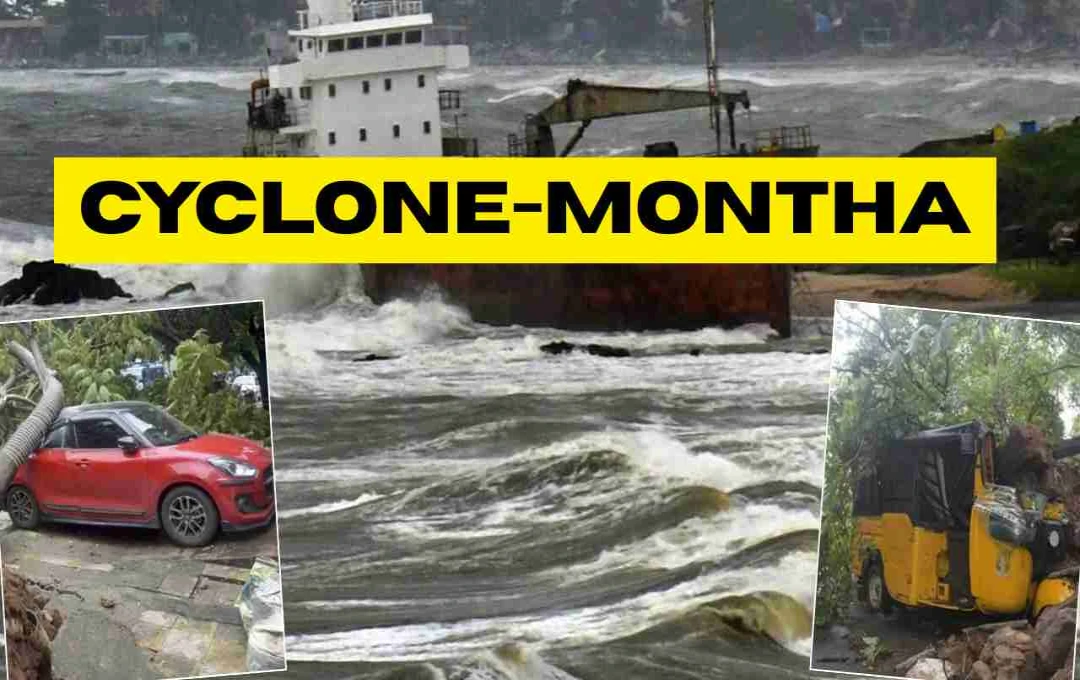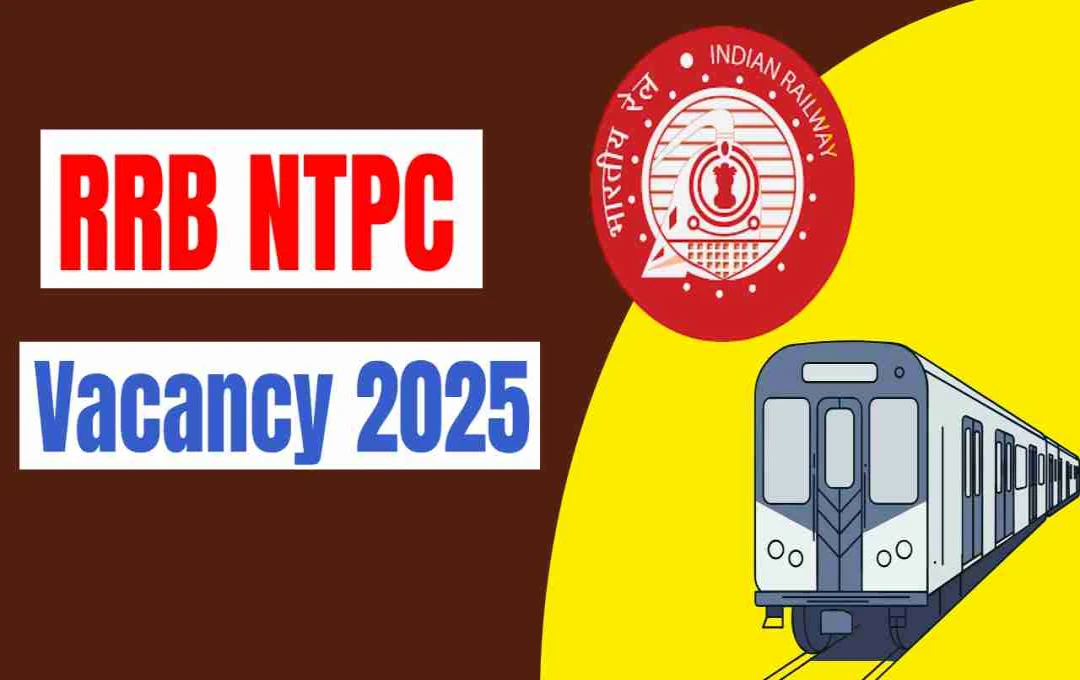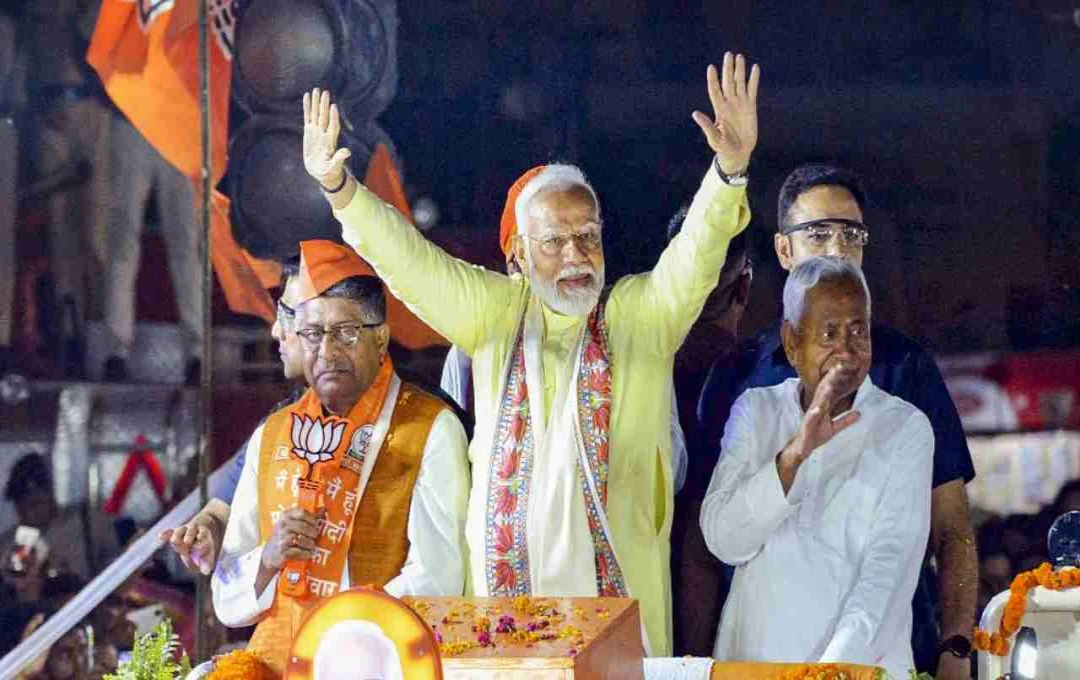The cloud seeding attempt in Delhi failed. Following this, CM Arvind Kejriwal criticized the central government, stating that “all engines have failed, and the government is a complete failure.” Experts say that the technique can only be successful in suitable weather and clouds.
New Delhi: The cloud seeding attempt made to reduce rising pollution in Delhi this time proved unsuccessful. Immediately after this, Delhi Chief Minister and Aam Aadmi Party (AAP) chief Arvind Kejriwal launched a b attack on the central government. In a social media post, he stated that all engines of this government have failed, and the entire government is a failure. Following Kejriwal's statement, the issue of focusing on pollution and meteorology in Delhi gained prominence once again.
Kejriwal's Taunt: “All Engines Failed”
After the failure of cloud seeding, CM Kejriwal clarified that there are serious shortcomings in the government's measures for pollution control and artificial rain. He said, “In fact, all engines of this government have failed. This government is a complete failure.” Kejriwal gave this reaction by resharing a news report from Aaj Tak. He stated that the government is only taking superficial steps in the name of pollution control, but no real impact is visible.
What is Cloud Seeding and Why Did It Fail?
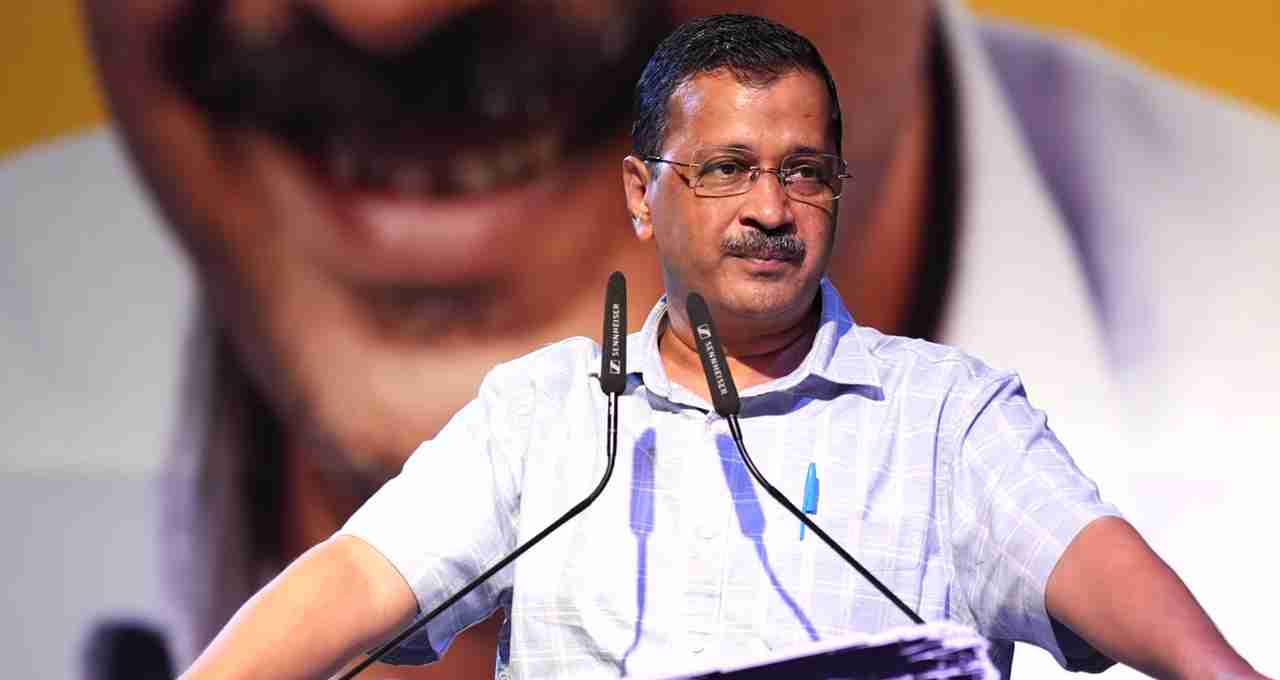
Cloud seeding is a scientific technique in which clouds are artificially induced to produce rain. It involves releasing chemicals like silver iodide, sodium chloride, or calcium chloride into clouds from an aircraft, so that water vapor can condense into droplets and form rain. However, meteorologists believe that cloud seeding only works in clouds that already contain sufficient moisture.
According to Dr. Akshay Deoras, a Research Scientist at the National Centre for Atmospheric Science at the University of Reading (UK), cloud seeding does not show an effect in clear skies or dry clouds. He states that the technique can only be successful with the correct weather and cloud selection. Therefore, the main reason for the failure of this attempt in Delhi is that the weather was not suitable for cloud seeding at the time.
Rising Pollution in Delhi
Delhi is currently grappling with dense smog and rising pollution. Air quality is continuously deteriorating, and health advisories are being issued to citizens. The government adopted cloud seeding as a last resort to reduce pollutants in the air through rain. However, due to technical and meteorological obstacles, this effort could not succeed.
Scientific Perspective: Limitations of Cloud Seeding
According to Dr. Akshay Deoras, the success of cloud seeding depends on the weather and the quality of the clouds. If clouds do not contain sufficient water vapor, the spraying of chemicals becomes futile. Furthermore, it is essential to first identify the clouds in this process so that chemicals are released only into suitable clouds. Scientists state that cloud seeding is not a magical solution but can only be helpful under appropriate conditions.
